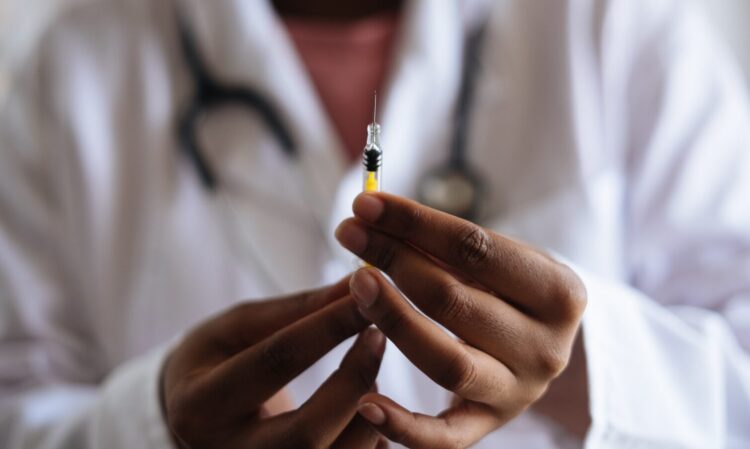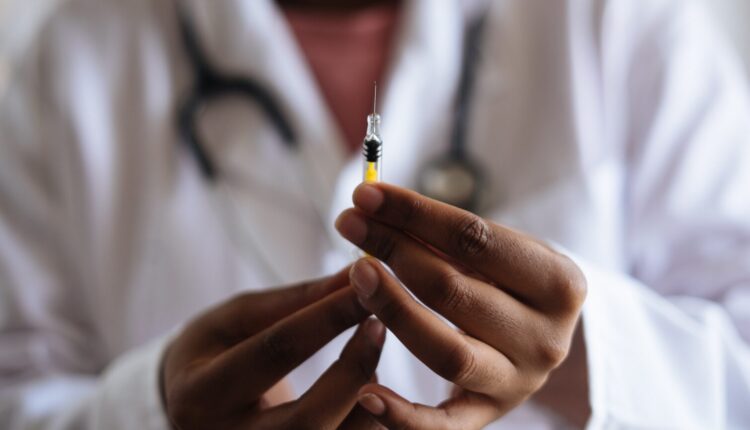Oxford Research Group remains hopeful of having a vaccine for coronavirus ready for the autumn with with initial trials showing strong antibody and T-cell immune responses. Tony McDonough reports

Scientists working on a proposed vaccine for COVID-19 say initial human trials show its is safe and triggers an immune response to coronavirus.
Stage 2 human trials of the vaccine, involving 1,077 healthy adults, found the vaccine induced strong antibody and T-cell immune responses up to 56 days after the initial dose.
A sub-group study of 10 participants showed evidence of an even stronger response after a second dose. Around 70% experienced “minor” side-effects such as fatigue and headache but these could be reduced by paracetamol.
Now the research team will embark on a much larger clinical trail that will involve 10,000 people in the UK, 30,000 people in the US, 2,000 in South Africa and a further 5,000 in Brazil. Because infection rates in the UK are currently so low there is not enough people for a thorough trial.
Prof Andrew Pollard, from the Oxford Research Group, said: “We’re really pleased with the results published today as we’re seeing both neutralizing antibodies and T-cells.
“They’re extremely promising and we believe the type of response that may be associated with protection. But the key question everyone wants to know is does the vaccine work, dose it offer protection… and we’re in a waiting game.”
While the trials so far show a strong immune response and that the vaccine is safe, it is not clear yet what level of protection against COVID-19 it would offer or whether it would lessen the symptoms of the virus.
Professor Sarah Gilbert, form the University of Oxford, added: “There is still much work to be done before we can confirm if our vaccine will help manage the Covid-19 pandemic, but these early results hold promise.”
It is also unlikely, given the short timescale, the vaccine would be available for widespread use by the autumn. Essential workers such as those in healthcare are likely to be first to receive the vaccine with the rest of the public offered jabs in 2021.

